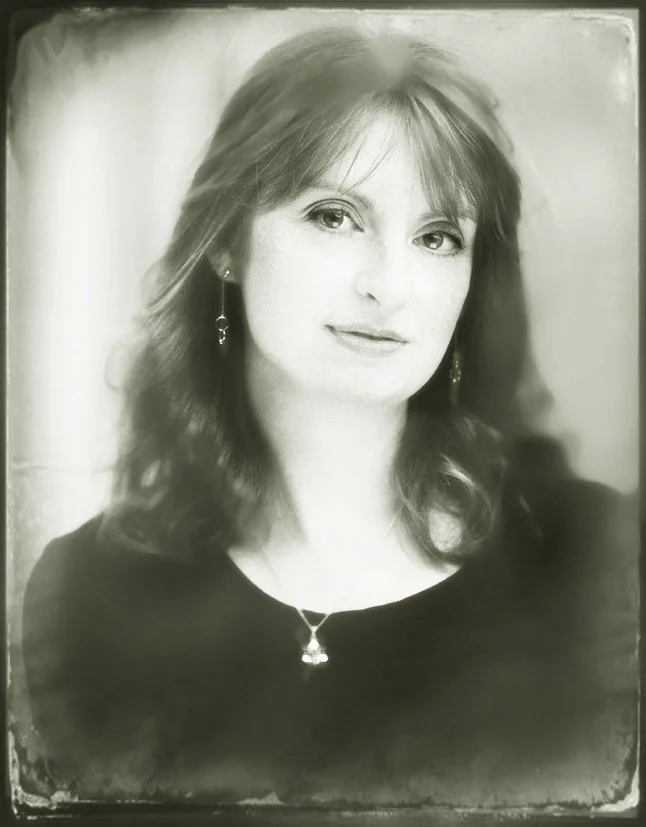WRITER IN RESIDENCE
PHILIPPA HOLLOWAY
Philippa Holloway has been a zombie in a b-movie, once brought someone back from the dead, and recently visited Chernobyl’s Exclusion Zone for her Creative Writing PhD research, for which she is writing a novel exploring the complex relationship between landscape and nuclear power. Her photographs of the Exclusion Zone around Chernobyl featured in the And The Word Was art exhibition curated by Bill Bulloch for the Arts Centre at Edge Hill University. She is a prize-winning travel, memoir and short story writer, and her short fiction has been published in literary journals in the USA, Australia, Europe and South Africa and shortlisted for numerous writing awards in the UK, including the H E Bates Competition, the RA Pin Drop award and the Sunderland Short Story competition. Her creative non-fiction entry, Energy Crisis – A Memoir of Summer, was highly commended in the inaugural New Welsh Writing Awards. Following this she was commissioned to curate a special feature for The New Welsh Reader entitled Power in the Land? Which brought together collaborative research between herself, a group of local poets and the X10 Power in the Land art collaboration to explore creative responses to Wylfa Nuclear Power Station and the surrounding landscapes. She is currently collaborating with the award-winning playwright James Harker to create a piece of site specific theatre at Hack Green Secret Nuclear Bunker, and is delighted to be the Writer in Residence here. She teaches Creative Writing at Edge Hill University, UK.
Links to works and projects published online
WORKS
-
Come armed.
Vest, long johns, woollens.
Boots to your knees.
A hat.
Prepare to feel it anyway,
Seeping through
Invisible as gamma rays
But with immediate effect,
as your skin puckers with gooseflesh.
Descend.
Stairwells deep as breath,
echoing your steps.
You tighten the belt of your
Coat.
Down here the air is
moist, tinged with time
and something else – a creeping sense
of confinement
and security at once.
Stand to attention
in front of glass walls.
See the uniforms – vests, woollens,
boots to the knee.
Masks.
Shiver and wonder whether
It’s the chill of being
underground
Or the thought of being here
for real triggering your ague.
March through corridors.
Blow on your fingers, strategically.
If you keep moving you can remember
there is sunshine outside, no need for
Gloves.
Read posters where windows should be,
and calculate the blast zone,
its proximity to home.
Then march on to get
The blood flowing before your feet freeze.
Rise up.
Buy tea and sit cupping the warmth and
Joking in hushed tones
About how long you’d last
Before you drove each other
Mad.
Buy trinkets, a protect and survive
leaflet to keep you busy
While all around heats up.
Take one last photo in the carpark and pretend
It’s history.
-
Produced during a school work experience.
In the corner of room six, tucked away, almost hidden, sits a blank faced old man.
The sounds of Morse code machines have become like a song to him – short composed melodies, bearable but not pleasant. He knows every syllable; distorted, disembodied, beep-beep-beeping and click-click-clicking: loud, powerful. It never changes.
Suddenly, the faintest whisper.
One hum beneath this chaotic orchestra.
Louder and louder and filled with hope. He stands, isolates this quiet hum. Layers of fears and hope creating static. A mangled moan. Finally someone is there.
The sound of beeping takes over.
He falls back on his chair. Closes his mouth and wipes his eyes. He continues with his work. It’s not like anyone would believe him anyway. Like anyone can hear him. The last echo, left behind.
Words by Kea Heeley and Jason Evans, Fusion by Philippa Holloway

